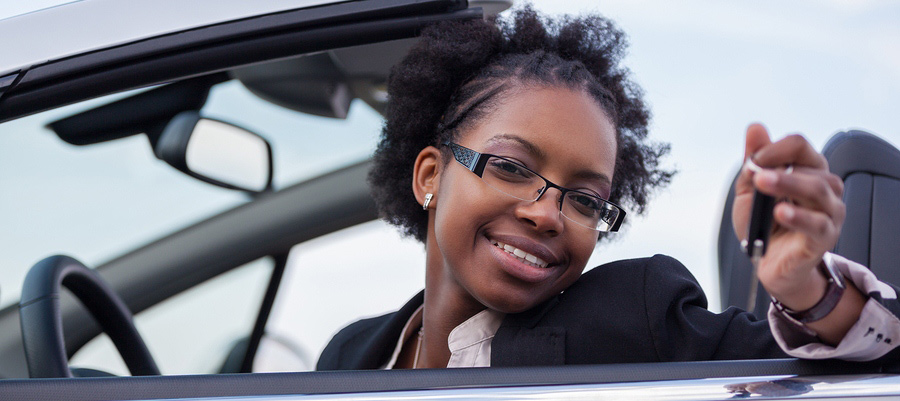How to Protect Yourself from Sexual Assault While Driving in Kenya
Driving offers independence, but it also presents safety risks, especially regarding sexual assault. Whether you are a private driver, a taxi driver, or a passenger using a ride-hailing service, staying vigilant is essential. Here are key tips on how to protect yourself while driving in Kenya and where to seek help if needed.
Keep Your Car Doors Locked and Windows Up
Always ensure your doors are locked when driving or parked. If you need fresh air, slightly crack open your windows rather than rolling them down completely to prevent unauthorized access.
Avoid Driving in Isolated or Unsafe Areas
Stick to well-lit and populated roads, especially at night. If using navigation apps like Google Maps or Waze, select the safest and most familiar routes instead of shortcuts through isolated areas.
Be Cautious When Stopping for Strangers
Avoid stopping for unknown individuals asking for help, especially in remote areas. If someone appears to be in distress, call the police emergency line (999, 112, or 911) rather than exiting your vehicle.
Stay Alert at Parking Lots and Petrol Stations
When stopping at a petrol station or parking lot, stay aware of your surroundings. Park in well-lit areas and avoid dark or secluded spots. If you feel unsafe, request security assistance when returning to your car.
Use Ride-Hailing Services Wisely
If using taxi apps like Uber, Bolt, or Little Cab, verify the driver’s details before entering the vehicle. Sit in the back seat, keep your phone accessible, and share your trip details with a trusted friend or family member.
Have an Emergency Plan
If you sense danger, call for help immediately. Install emergency apps like bSafe or MySafetipin, which allow you to alert emergency contacts with one tap.
Carry Self-Defense Tools
Consider carrying pepper spray, a whistle, or a personal alarm. Learning basic self-defense skills from organizations like the Kenya Women’s Empowerment and Self-Defense Initiative (KWESI) can also be helpful.
Trust Your Instincts
If something doesn’t feel right, drive away or seek help from authorities. Never hesitate to remove yourself from a potentially dangerous situation.
Where to Get Help in Kenya
If you or someone you know is a victim of sexual assault while driving, seek assistance from these organizations:
1. Police Emergency Services
Report any incidents to the police by calling 999, 112, or 911 or visiting the nearest station.
2. National GBV Hotline (1195)
A toll-free, 24/7 helpline for confidential support and guidance.
3. FIDA Kenya
Provides legal aid and advocacy for survivors of sexual violence. Call +254 722 509 760.
4. Gender Violence Recovery Centre (GVRC)
Located at Nairobi Women’s Hospital, GVRC offers medical, counseling, and legal support. Contact: +254 703 618 472.
5. Usikimye
A survivor-led initiative that provides emergency rescue and support. Call +254 799 966 679.
6. Healthcare Facilities
Visit the nearest hospital for medical check-ups and Post-Exposure Prophylaxis (PEP) within 72 hours of an assault.
7. Kenya Red Cross Society
Offers psychological support and crisis intervention via 1199.

